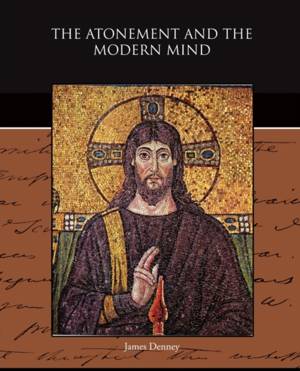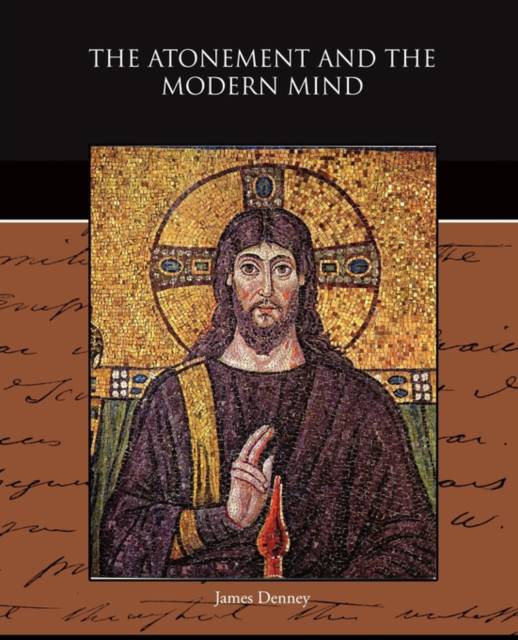
- Afhalen na 1 uur in een winkel met voorraad
- Gratis thuislevering in België vanaf € 30
- Ruim aanbod met 7 miljoen producten
- Afhalen na 1 uur in een winkel met voorraad
- Gratis thuislevering in België vanaf € 30
- Ruim aanbod met 7 miljoen producten
Zoeken
Omschrijving
James Denney was a Scottish theologian and preacher. Some of his expository sermons preached at Broughty Ferry were published in two volumes of The Expositor's Bible, The Epistles to the Thessalonians in 1892 and The Second Epistle to the Corinthians in 1894. He became a teacher and spent the rest of his life as a professor. Denney's greatest contribution to theological literature is in his robust defense of the penal character of the atonement. In The Atonement and the Modern Mind. Denney insists "the death of Christ cannot be understood unless it is seen as a death for sin, as Christ bearing the penalty in the place of those he came to save." He strongly resisted any attempt to drive a wedge between the substitutionary and ethical aspects of the atonement.
Specificaties
Betrokkenen
- Auteur(s):
- Uitgeverij:
Inhoud
- Aantal bladzijden:
- 68
- Taal:
- Engels
Eigenschappen
- Productcode (EAN):
- 9781438526195
- Verschijningsdatum:
- 8/10/2009
- Uitvoering:
- Paperback
- Formaat:
- Trade paperback (VS)
- Afmetingen:
- 190 mm x 235 mm
- Gewicht:
- 131 g

Alleen bij Standaard Boekhandel
+ 35 punten op je klantenkaart van Standaard Boekhandel
Beoordelingen
We publiceren alleen reviews die voldoen aan de voorwaarden voor reviews. Bekijk onze voorwaarden voor reviews.











